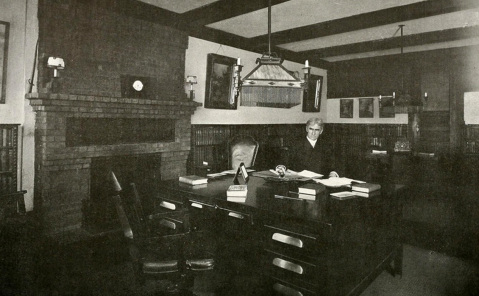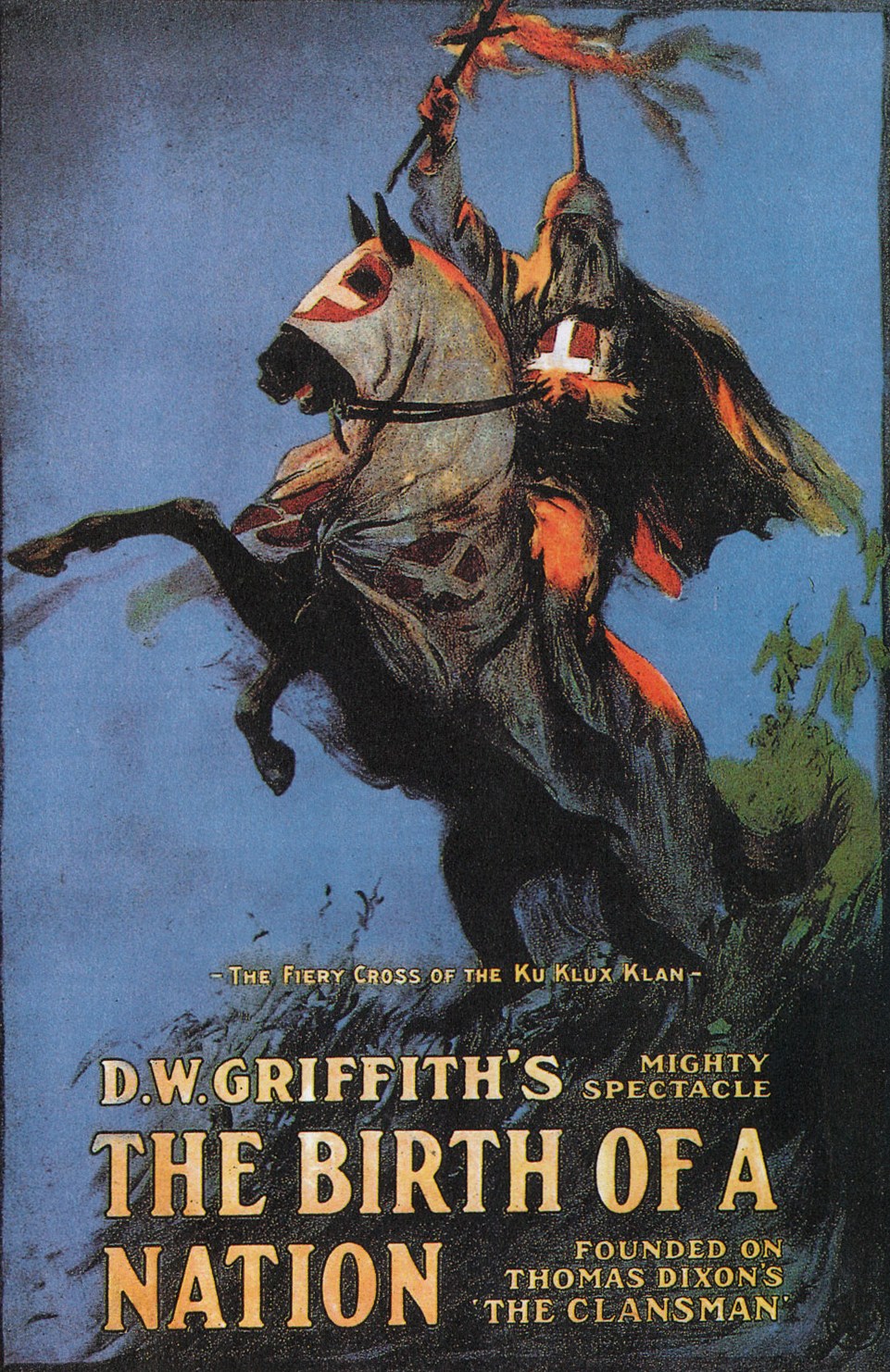
On April 3, 1946, Shelby native Thomas Dixon Jr., whose novel was the basis for the film Birth of a Nation, died.
Educated locally and at Wake Forest, he won a scholarship to graduate school at The Johns Hopkins University. In Baltimore, he fell in love with theater and soon moved to New York to pursue an acting career. His disappointing experience there led him home to Shelby where he studied law.
 Dixon was elected to the General Assembly in 1884 and passed the bar after serving in the legislature for a single session. Tiring of law, he became a Baptist minister. In 1895, he left the ministry to become a nondenominational speaker, achieving some as a lecture lecturer during that time and earning as much as $1,000 per engagement.
Dixon was elected to the General Assembly in 1884 and passed the bar after serving in the legislature for a single session. Tiring of law, he became a Baptist minister. In 1895, he left the ministry to become a nondenominational speaker, achieving some as a lecture lecturer during that time and earning as much as $1,000 per engagement.
In 1901, Dixon wrote his first novel The Leopard’s Spots, calling for the exclusion of blacks from American society and for reconciliation between North and South. He wrote two more novels with similar messages, and, in 1905, adapted one of them into a play entitled The Clansman.
D. W. Griffith went on to adapt the play into the landmark motion picture, Birth of a Nation, in 1915.
For more about North Carolina’s history, arts and culture, visit Cultural Resources online. To receive these updates automatically each day subscribe by email using the box on the right and follow us on Facebook, Twitter and Pinterest.
